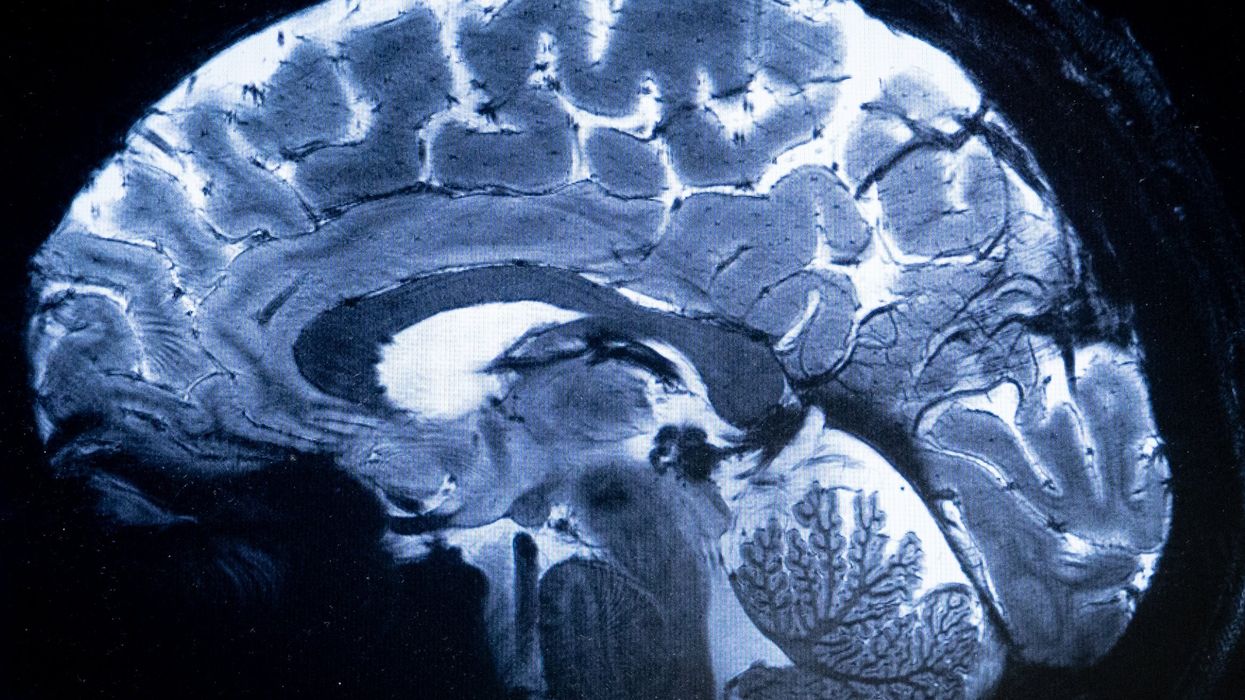Climate change is likely to negatively affect the health of people suffering from brain conditions such as migraine and Alzheimer's, new research published in The Lancet Neurology journal has found.
Extreme temperatures, both low and high, and greater changes over the course of the day -- driven by climate change -- were shown to have an impact on brain diseases, explained lead researcher Sanjay Sisodiya from the University of College London's Institute of Neurology, UK.
"Night-time temperatures may be particularly important as higher temperatures through the night can disrupt sleep. Poor sleep is known to aggravate a number of brain conditions," he said.
The study, reviewing 332 papers published from around the world between 1968 and 2023, looked at 19 different nervous system conditions, including stroke, migraine, Alzheimer's, meningitis, epilepsy and multiple sclerosis.
The researchers found an increased number of admissions, disabilities, or deaths resulting from a stroke due to higher temperatures or heatwaves.
They also said that people having dementia are vulnerable to damage from extreme temperatures and extreme weather events such as floods and wildfires as cognitive impairment can limit their ability to adapt to environmental changes.
The team also examined how climate change impacted several serious yet common psychiatric disorders, including anxiety, depression and schizophrenia.
Sisodiya said that climate anxiety was "an added, potentially weighty influence".
"Many brain conditions are associated with a higher risk of psychiatric disorders, including anxiety, and such multimorbidities can further complicate impacts of climate change and the adaptations necessary to preserve health," he said.
With extreme weather events becoming more severe and global temperatures rising, the researchers acknowledged that people are being exposed to worsening environmental factors that may not have been severe enough to affect brain conditions in some of the earlier studies they reviewed as part of the analysis.
Therefore, they said, it was important to ensure that research is up to date, and looks at not only the present state of climate change but also the future.
"This work is taking place against a worrying worsening of climatic conditions and it will need to remain agile and dynamic if it is to generate information that is of use to both individuals and organisations," said Sisodiya.
Forward planning is made more challenging as few studies estimate the consequences for brain diseases under future climate scenarios, he said.




